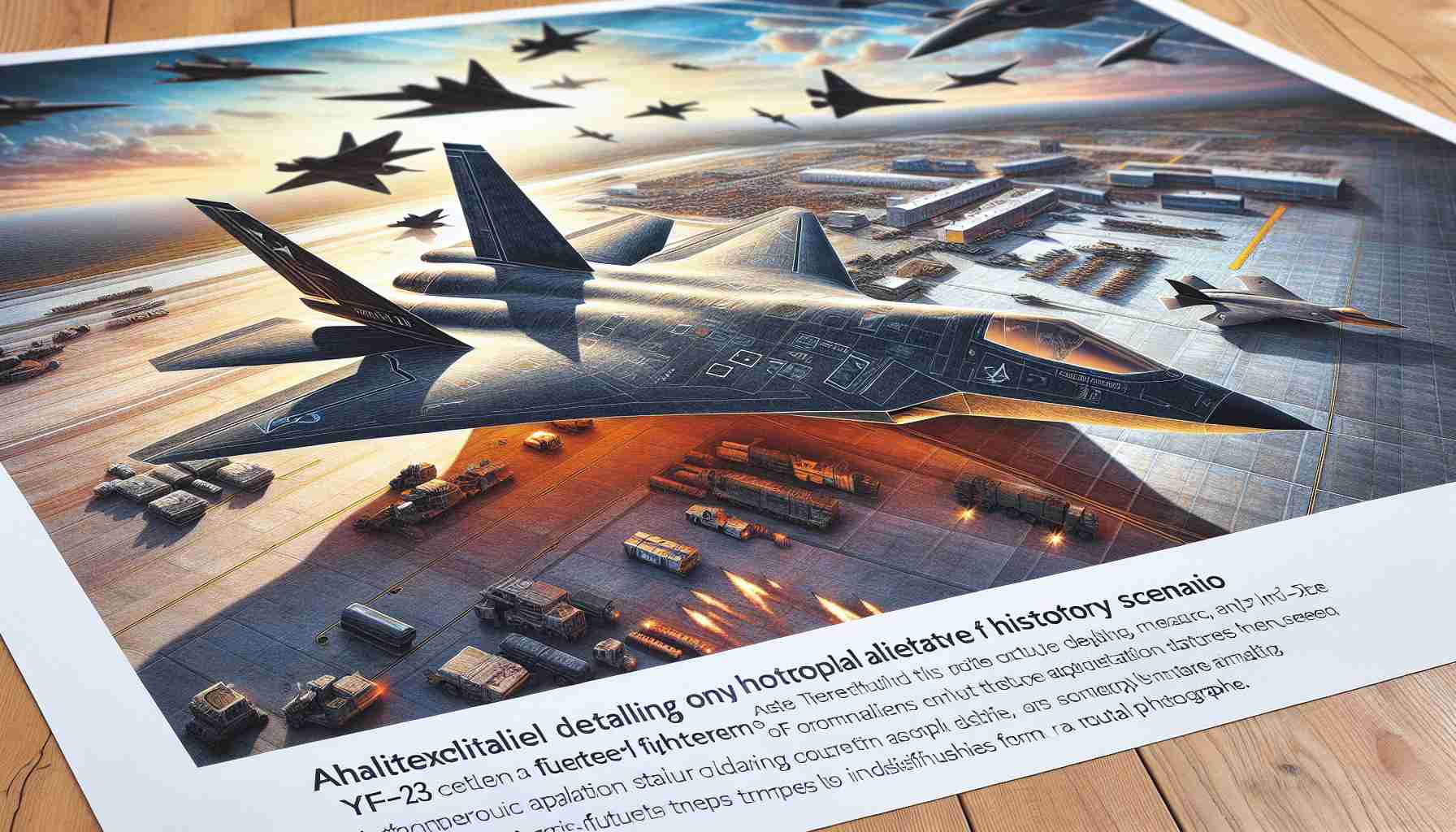In a world teetering on the brink of technological marvels, a new era has begun where artificial intelligence (AI) is acquiring a sense previously exclusive to living beings: touch. This is the dawn of a remarkable synthesis between quantum technology and AI—an advancement poised to reshape the landscape of multiple industries.
Redefining Touch Through Technology
Leveraging the power of quantum mechanics, researchers have unveiled an AI system that discerns surface textures with an accuracy rivaling human touch. Central to this breakthrough are photon-firing lasers that, through a series of rapid bursts, analyze minute details on a surface. Historically considered disruptive, speckle noise generated by these photons has been harnessed by AI, unlocking a reservoir of information about the surfaces examined.
Navigating the Challenges Ahead
While these advancements are awe-inspiring, translating them into practical applications poses substantial challenges. The integration of AI with quantum technology demands exceptional precision in data processing, necessitating sophisticated calibration of the algorithms involved. This complexity stands as a formidable barrier that scientists must overcome to fully realize the potential of this technology.
Impacts Across Industries
This new capability holds vast promise across various sectors. In healthcare, it can revolutionize diagnostics by identifying early signs of skin irregularities, potentially leading to quicker cancer detection. Similarly, in manufacturing, it can automate quality control procedures, ensuring superior product textures. However, the intricacy of developing these systems requires substantial resources and specialized expertise.
As the lines between science fiction and reality blur, the amalgamation of quantum technology and AI heralds an era where machines can interact with their environment in profoundly human-like ways. This transformation promises to redefine industrial precision, medical diagnostics, and beyond, weaving a future where AI transcends the boundaries of traditional perception.
Could AI with a Sense of Touch Transform Daily Life?
The New Frontier of Sensory-Driven AI
While the burgeoning ability of AI to “feel” its surroundings signals a remarkable leap in technology, its far-reaching implications for humanity and innovation hold tantalizing possibilities. Not limited to industrial and healthcare applications, could this sensory-enabled AI revolutionize personal gadgets or even reshape daily life? Envision a smartphone capable of detecting subtle variations in pressure or temperature, offering users a more nuanced interactive experience.
Surprising Benefits Beyond the Obvious
AI’s touch sensitivity could extend to consumer tech, offering enhanced virtual reality (VR) experiences. Imagine VR gloves that capture intricate touch sensations, creating wholly immersive simulations. Such offshoots promise not only to enrich entertainment but also to drive educational advancements. Interactive VR platforms can simulate real-world scenarios in unprecedented detail, benefiting fields like surgical training or disaster preparedness.
Controversial Aspects and Ethical Considerations
Yet, as with any technological frontier, the path forward is peppered with ethical quandaries. What are the privacy implications when AI can discern textures, and ostensibly, more about the environment? Could such technology be exploited in surveillance, blurring lines between security and intrusion?
While industries may salivate at these prospects, the ethical framework governing the use of sensory-aware AI needs rigorous scrutiny. As developers strive to balance technological progress with societal impact, it’s essential to engage all stakeholders in crafting inclusive guidelines.
For further exploration into AI technologies, its capabilities, and ethical standards, visit Wired. As we stand on the cusp of this new era, the dialogue between innovation and ethics is more pertinent than ever.











